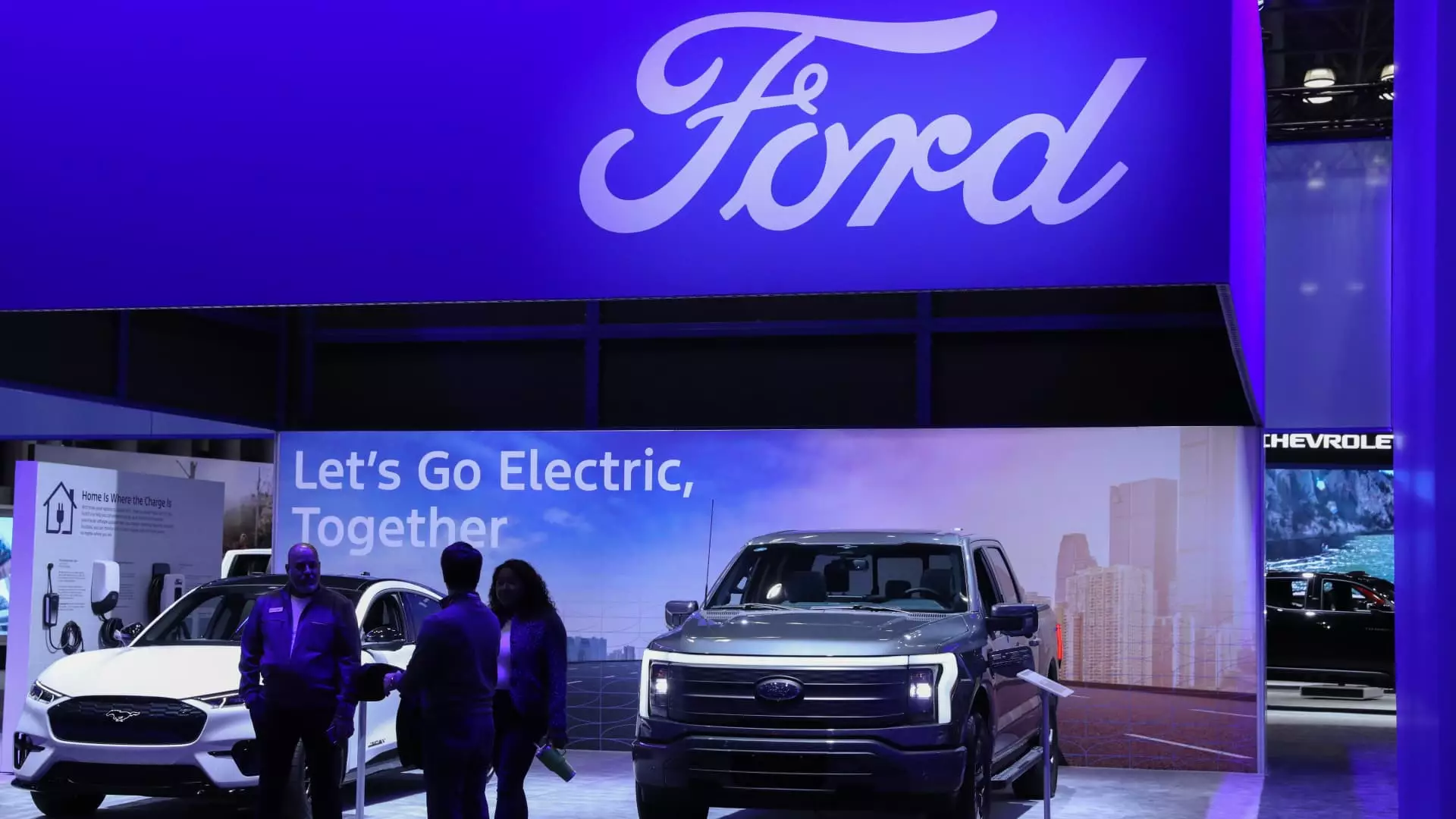Ford Motor Company recently announced a significant strategic shift in its plans for electric vehicles. The company is delaying production of a next-generation all-electric pickup truck at a new plant in Tennessee and canceling plans for a three-row electric SUV. Instead, Ford will prioritize the development of hybrid models and electric commercial vehicles.
Ford’s CFO, John Lawler, emphasized that the company’s competitive advantage lies in commercial land trucks and SUVs. As a result, Ford will focus on developing hybrid models, along with new electric commercial vehicles. The company plans to introduce a new electric commercial van in 2026, followed by two EV pickup trucks in 2027. These pickups will include a full-size truck produced at the Tennessee plant and a new midsize truck developed by a specialized team in California.
While the shift in focus is intended to deliver a capital-efficient, profitable electric vehicle business, it will come at a cost to the company in the short term. Ford expects to incur a special noncash charge of approximately $400 million for the write-down of certain product-specific manufacturing assets, including the cancellation of the three-row SUV. Additionally, the changes may result in additional expenses and cash expenditures of up to $1.5 billion.
Future Capital Expenditure Plans
Ford’s future capital expenditure plans will see a shift from spending about 40% on all-electric vehicles to spending 30%. While Lawler did not provide a specific timeline for this change, the company remains committed to its goal of electrification. Vehicle production at the new Tennessee plant was initially set to begin next year, with battery cell production expected to commence in 2025.
John Lawler highlighted the importance of being nimble and responsive to customer feedback. The decision to shift focus to hybrid models and electric commercial vehicles was influenced by customer preferences for more electrification choices. Ford aims to provide a range of electrified options to meet the evolving needs of its customer base.
Despite the strategic shift, Ford will continue to produce and update its current all-electric vehicles, such as the Ford Mustang Mach-E crossover and F-150 Lightning pickup truck. The company remains committed to providing innovative electric vehicle options while also focusing on profitability and sustainability.
Ford plans to provide investors with an update on electrification, technology, profitability, and capital requirements in the first half of 2025. The company’s strategic shift reflects its commitment to meeting customer demand, improving profitability, and advancing its position in the electric vehicle market. By focusing on hybrid models and electric commercial vehicles, Ford is positioning itself for long-term success in the rapidly evolving automotive industry.

